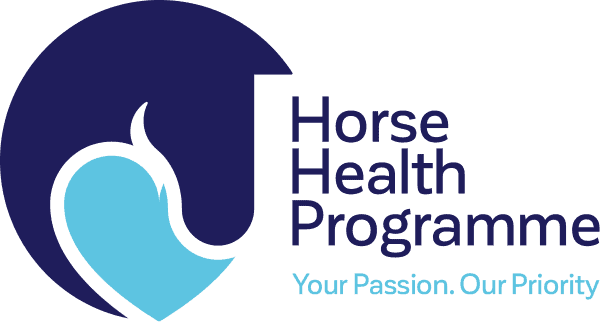Veterinary & Health
Veterinary & health care for your horse
When to call the Vet
When to call the Vet Knowing when to seek help According to the Equine Industry Welfare Guidelines for Horses, Ponies and Donkeys a veterinary surgeon should be consulted urgently by the owner or person in charge of the horse if there are any signs of: Acute abdominal pain or colic; Serious injury involving deep […]
Laminitis and Equine Cushing’s Disease
Laminitis The classic ‘laminitic’ pony is a native breed, and carrying a bit of extra weigh...
Microchipping and Passport Requirements
If a horse has not been previously issued with a passport it will require a microchip before a passport can be applied for. Foals born since 1st August 2009 must be microchipped and have a passport...
Routine Dental Checks
Routine Dental Checks How often should you have your horse's teeth checked? How often routine dental checks take place varies according to the individual horse and will depend on age and any pre-exi...
Vetting a Horse
Vetting a Horse Once you’ve chosen a horse or pony that you would like to buy, before making the final decision, it is sensible to have a pre-purchase veterinary examination performed (vet’s certificate or a ‘vetting’ as it is often known). Getting a horse vetted Vetting or pre-purchase examinations are often not a significant […]
Dental Overview
Dental Overview Designed to chew rough fibre for over 18 hours a day, a horse's teeth are very hard wearing. This diet, together with the horse's chewing action, wears his teeth down at a rate of approximately 2-3 mm per year. To compensate for this wear a horse's teeth continue to erupt through ...



